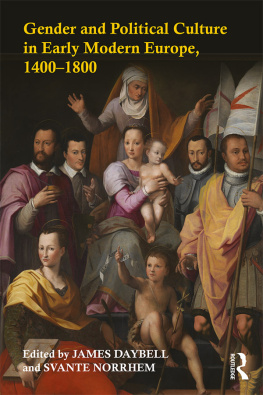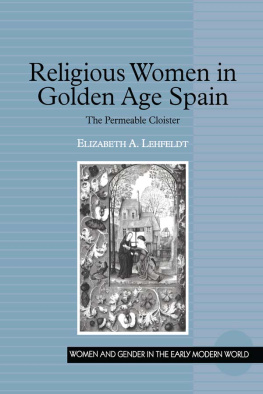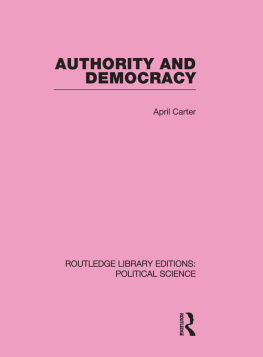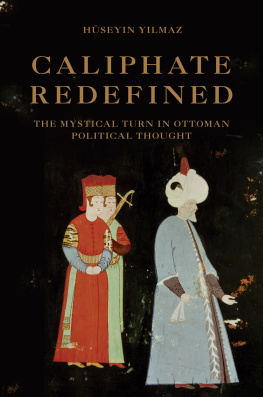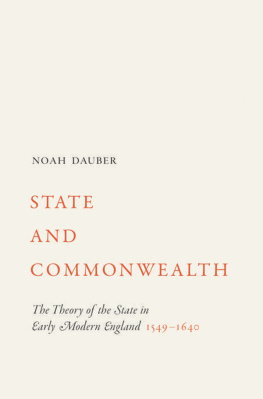Advice for Callow Jurists and Gullible Mendicants on Befriending Emirs
World Thought in Translation
A joint project of Yale University Press and the MacMillan Center for International and Area Studies at Yale University, World Thought in Translation makes important works of classical and contemporary political, philosophical, legal, and social thought from outside the Western tradition available to English-speaking scholars, students, and general readers. The translations are annotated and accompanied by critical introductions that orient readers to the background in which these texts were written, their initial reception, and their enduring influence within and beyond their own cultures. World Thought in Translation contributes to the study of religious and secular intellectual traditions across cultures and civilizations.
Series editors
Steven Angle
Karuna Mantena
Andrew March
Paulina Ochoa
Ian Shapiro
Advice for Callow Jurists and Gullible Mendicants on Befriending Emirs
Abd al-Wahhb ibn Amad ibn Al al-Sharn
Translated by Adam Sabra
Yale UNIVERSITY PRESS
New Haven and London
This publication was made possible in part by a grant from the Carnegie Corporation of New York. The statements made and views expressed are solely the responsibility of the author.
Translation by Adam Sabra. Copyright 2017 by Adam Sabra.
All rights reserved.
This book may not be reproduced, in whole or in part, including illustrations, in any form (beyond that copying permitted by Sections 107 and 108 of the U.S. Copyright Law and except by reviewers for the public press), without written permission from the publishers.
Yale University Press books may be purchased in quantity for educational, business, or promotional use. For information, please e-mail (U.K. office).
Set in Adobe Caslon Pro and Whitney type by Newgen North America.
Printed in the United States of America.
Library of Congress Control Number: 2016938753
ISBN 978-0-300-19865-2 (hardcover : alk. paper)
A catalogue record for this book is available from the British Library.
This paper meets the requirements of ANSI/NISO Z39.481992 (Permanence of Paper).
10 9 8 7 6 5 4 3 2 1
To the memory of my first and best teacher,
Abdelhamid Ibrahim Sabra (19242013)
Contents
Acknowledgments
The text translated here was published as a critical edition in Arabic by the Institut franais darchologie orientale in Cairo in 2013. I am grateful to IFAO for its interest in this project, without which this translation might not have been possible.
Andrew March encouraged me to submit a proposal to Yale University Press to publish an English translation as part of a series of works on Islamic political theory. Jaya Chatterjee oversaw the editorial process from beginning to end. I am grateful for the Presss interest in exposing English-language readers to a work on Sufi political theory from the sixteenth century. I am also grateful to Mary Pasti and Jessie Dolch for their work in preparing the manuscript for publication.
My work on al-Sharn began some years ago when I was a National Endowment for the Humanities fellow at the American Research Center in Cairo and continued when I was a member and NEH fellow at the School of Historical Studies at the Institute for Advanced Study in Princeton. During that time, I was a faculty member at the University of Georgia, before moving to my current post at the University of California, Santa Barbara. I thank the staff and my colleagues at those institutions for their support over the years. In particular, I am grateful for the support and friendship of Sylvie Denoix, Amina Elbendary, Richard McGregor, Nicolas Michel, and Mustafa Mughazy.
Note on the Translation
The critical edition on which this translation is based is Abd al-Wahhb al-Sharn, Kitb Irshd al-mughaffiln min al-fuqah wa-al-fuqar il shur ubat al-umar wa-mukhtaar Irshd al-mughaffiln min al-fuqah wa-al-fuqar il shur ubat al-umar, ed. Adam Sabra (Cairo: Institut franais darchologie orientale, 2013). The numbers in brackets in the translated text refer to the page numbers in the critical edition.
The page numbers in the AbbreviationThe Abbreviation of Advice for Callow Jurists and Gullible Mendicants on Befriending Emirs (Mukhtaar Irshd al-mughaffaln min al-fuqah wal-fuqar il shur ubat al-umar)also refer to the critical edition. Due to the considerable overlap between the two works, only excerpts of the Abbreviation are translated here.
Advice for Callow Jurists and Gullible Mendicants on Befriending Emirs
Translators Introduction
The Middle East in the Sixteenth Century
The sixteenth century was a turning point in the history of the Middle East, when a series of medieval states were swept away and replaced by two major powers: the Safavid dynasty in Iran and the Ottoman Empire, which conquered Syria, Egypt, and the Hejaz in 151617. To these, one might add the Mughal dynasty, which came to dominate much of the Indian Subcontinent. These new dynasties proved to be much more stable and long-lived than most of their predecessors. They combined dynastic rule, military innovation, and increasingly complex bureaucracies to build states that we can call early modern. Although nomadic peoples continued to play an important role in Middle Eastern history, the cycle of nomadic conquest and state formation that had dominated much of the region since the eleventh century played a lesser role in its politics.
The largest and most successful of these early modern powers was the Ottoman Empire. The Ottomans began as a small emirate in western Anatolia in approximately 1300 CE. Initially, they expanded into southeastern Europe, mostly at the expense of the Byzantine Empire. Although the Ottoman dynasty was almost extinguished by Timur (Tamerlane) in 1402 at the Battle of Ankara, it quickly rebounded, and the conquest of Constantinople by Mehmed II in 1453 made the Ottomans a world power that could vie for supremacy in the Middle East and in Europe. The Ottomans principal competitor at this time was the Mamluk Empire, which had been founded in Egypt, Syria, and the Hejaz after 1250. The Mamluks legitimized their rule by presenting themselves as defenders of Islam against the Mongols, and later Timur. Using slave soldiers from Central Asia or the Caucasus who were imported and converted to Islam at a young age, the Mamluk sultans used the presence of a powerless Abbasid caliph in Cairo to provide a veneer of legality to their rule. They also presented themselves as the protectors of the holy cities of Mecca and Medina, and therefore of the Hajj, which was the basis of their own claim to supremacy in the Muslim world.
It was perhaps inevitable that these two states would come into conflict. They fought a major war in 148591, during the reigns of Sultan Bayezid II and Sultan Qyitby. The war was fought in eastern Anatolia and the eastern Mediterranean, and it ended in a draw. Over the next two decades, however, the balance of power in the region shifted dramatically against the Mamluks. The first blow came with the arrival in the Indian Ocean of a Portuguese fleet led by Vasco de Gama in 1498. In a series of expeditions, the Portuguese used their naval superiority to undermine the Mamluk monopoly over the spice trade to the Mediterranean. As a result, the Mamluk sultans lost a key source of revenue. Sultan al-Ashraf Qn al-Ghr (reigned, 150116) instituted a series of new and unpopular taxes, something that the Ottomans would later use to delegitimize his reign. Increasingly, the Mamluks were obliged to depend on Ottoman naval expertise, and Anatolian merchants became an important part of the Cairene commercial scene.
Next page

